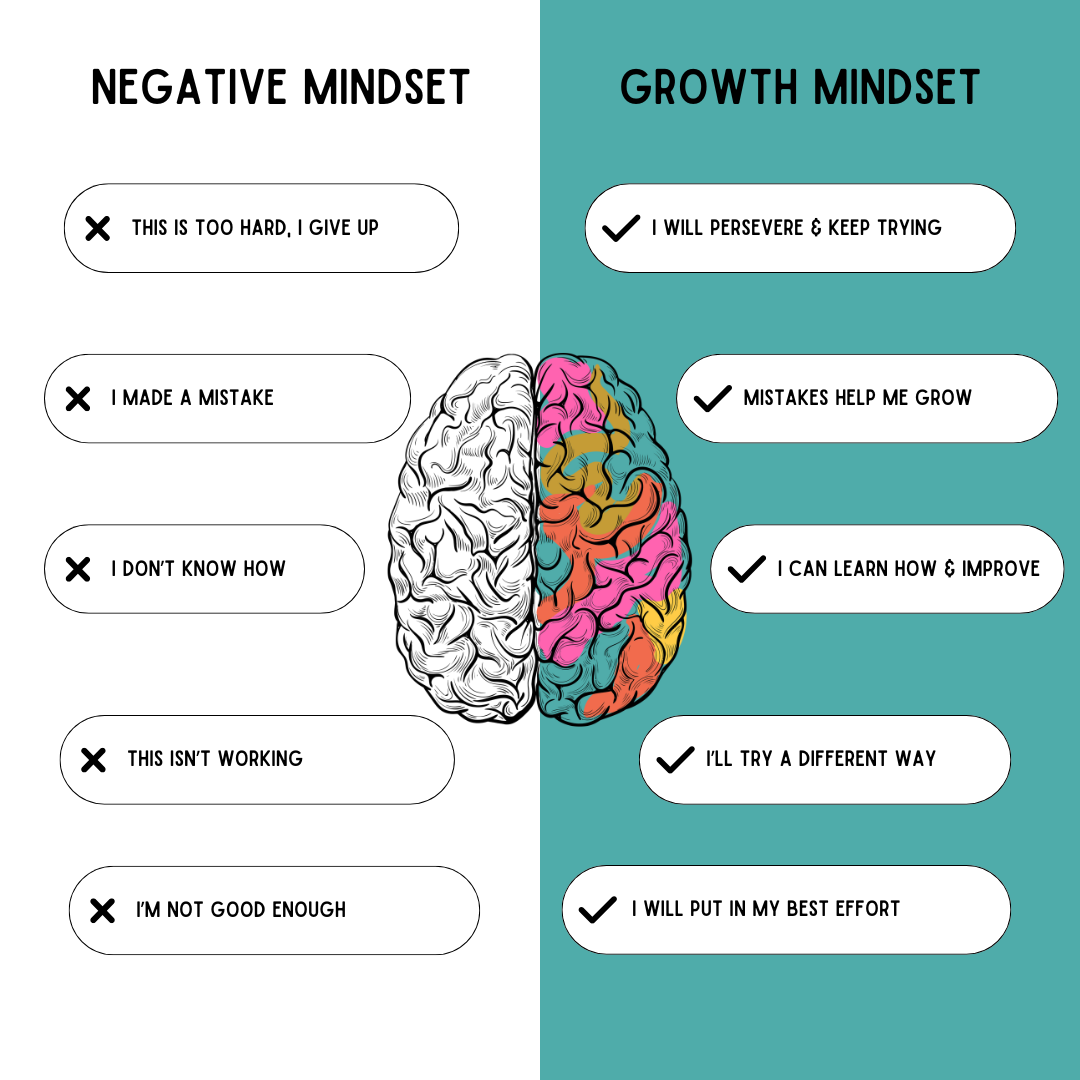How to Foster a Growth Mindset in Gifted Learners
Techniques for Encouraging Resilience and Growth
Fostering a growth mindset is one of the most important factors for the long-term success of gifted learners. A growth mindset is the belief that abilities and intelligence can be developed through effort and practice. Growth mindset empowers students to embrace challenges, persevere through setbacks, and cultivate the skill of resilience. As educators and parents, we have the unique opportunity to instill these values in gifted children, equipping them with the tools they need to thrive both academically and personally. Gifted learners are often accustomed to high achievement with minimal effort and may face difficulties when they encounter challenges. By promoting a growth mindset, we can help gifted students understand that setbacks are opportunities for growth rather than indicators of failure.
Techniques for Encouraging a Growth Mindset
1. Emphasize Effort Over Talent
Celebrate the hard work, perseverance, and bravery of children as they tackle challenges that push them outside their comfort zones. When gifted learners see that their effort translates into mastery, they build resilience and learn to navigate difficulties more effectively. This idea connects with the insights from Daniel Coyle’s The Talent Code, where he emphasizes the crucial role of practice in developing talent and the growth of myelin in the brain. Myelin is a fatty substance that wraps around nerve fibers, acting like insulation that helps nerves communicate more quickly. By speeding up electrical signals, myelin allows the brain to process information faster. Coyle refers to "deep practice" as a focused, dedicated approach that leads students to success and skill improvement. By prioritizing effort, we encourage myelin growth, which strengthens neural pathways and supports the overall development of their talents.
2. Encourage Students to Take Risks
While we certainly do not want children to take dangerous risks, calculated risks can be very valuable in an educational setting. Encouraging students to try new things, even when they may not succeed, helps them understand that failure is a part of the learning process. Taking risks can also assist students in developing new life skills such as complex problem-solving and collaboration, which are often difficult to practice otherwise.
3. Teach Goal Setting and How to Break Down Tasks
Helping students set goals and understand the steps needed to attain those goals is an invaluable life skill. Encourage students to set larger goals, possibly spanning a few months or even a year. Next, guide them in breaking down these goals into smaller, more manageable steps. This process helps them recognize the components that contribute to achieving a larger goal and demonstrates how small, consistent efforts can lead to significant outcomes over time.
4. Model a Growth Mindset
It is crucial for students to make personal connections and understand that a growth mindset is something everyone experiences and struggles with. Modeling can help students see that everyone faces obstacles and that persistence and resilience are essential for overcoming challenges.
5. Create a Supportive Community
Fostering a classroom or home environment that encourages collaboration and support allows students to share their struggles and brainstorm strategies together. This creates a community where everyone is on a journey of growth. As highlighted in Differentiation for Gifted Learners by Heacox and Cash, creating an inclusive and supportive environment is vital for developing a growth mindset in gifted students (Heacox & Cash, 2020).
6. Integrate a Reflection Process
Encouraging students to reflect on their learning processes, goals, and outcomes can be invaluable for their ongoing development. After completing a task or project, help students evaluate what worked, what didn’t, and what they could do differently next time.
7. Provide Constructive Feedback and Praise
When giving feedback, focus on specific aspects of students' work. Highlight areas for improvement and areas where students can succeed in the future. Just as important as constructive feedback is finding something in the students' work that you can praise. There will often be at least one aspect that the students worked hard on that deserves recognition. This reinforces the idea that their abilities can be developed through targeted efforts.
Fostering a growth mindset in gifted learners is not only beneficial for academic achievement but also essential for personal growth. By emphasizing effort, encouraging risk-taking, modeling resilience, and providing a supportive environment, we can help gifted students develop the mindset needed to pursue lifelong learning and navigate the challenges that come with it. Implementing these techniques will empower them as learners and prepare them to thrive in the world.
References
Coyle, D. (2009). The Talent Code: Greatness Isn't Born. It's Grown. Here's How. Random House Publishing Group.
Heacox, D., & Cash, R. M. (2020). Differentiation for Gifted Learners: Going Beyond the Basics. Free Spirit Publishing.

